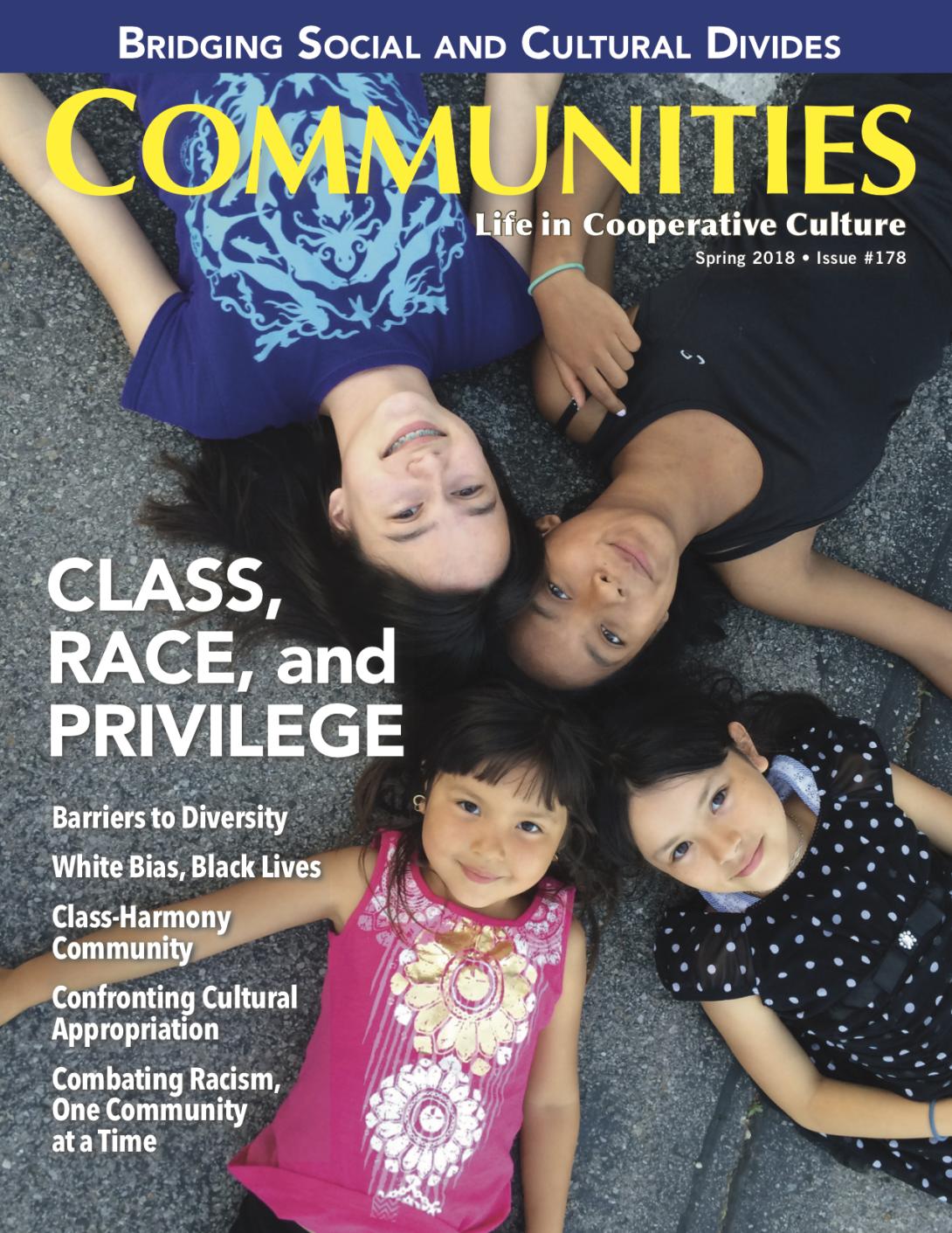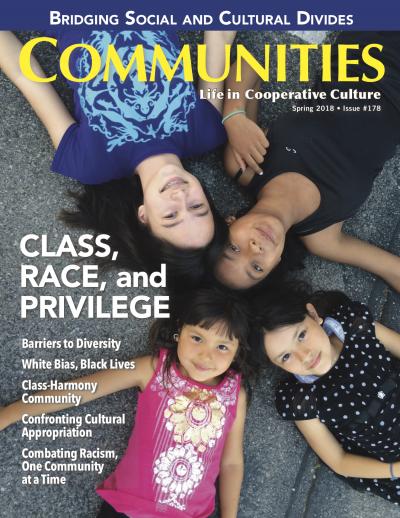
March 12, 2018
 Intentional communities are intrinsically idealistic. They’re based on a radical analysis of social problems and are an attempt to address them. They represent a personal desire to live in a way that feels more satisfying, but also the desire for a better society for all people. They are a recognition that some of the essentials that make community what it is—mutual support, love and caring, sharing lives and livelihood in a meaningful and satisfying way—are lacking in the world. Not all intentional communities share the same political or social views. Some mirror the trend towards isolationism and protectionism we see in politics today. But most value, at least in theory, diversity, equality, and sustainability, and want to help create a world that works for everyone.
Intentional communities are intrinsically idealistic. They’re based on a radical analysis of social problems and are an attempt to address them. They represent a personal desire to live in a way that feels more satisfying, but also the desire for a better society for all people. They are a recognition that some of the essentials that make community what it is—mutual support, love and caring, sharing lives and livelihood in a meaningful and satisfying way—are lacking in the world. Not all intentional communities share the same political or social views. Some mirror the trend towards isolationism and protectionism we see in politics today. But most value, at least in theory, diversity, equality, and sustainability, and want to help create a world that works for everyone.We live in a world fraught with injustice and inequality. In the US in particular, we live with a legacy of slavery and genocide that affects the opportunities we have regardless of when our ancestors came to this land. We all live with the effects of racialized, gendered, and classist society. These are core issues that need to be addressed if intentional communities are to fulfill their potential as models for a better way of living.
The Fellowship for Intentional Community is taking this as our job, and to support this, the theme of the Spring '18 issue of Communites magazine is Class, Race, and Privilege. And for the first time, we're releaseing the digital version on a by-donation basis.
If we want to create models for how to live that address the problems in society, it’s crucial that we hold central the perspectives and issues of those most affected by those problems. Certain people are more likely to have access to the resources to buy land, build buildings, and start businesses. Unfortunately, when they do, they’re going to create communities with cultures that are less comfortable for people who are not like them. There are systemic economic and cultural barriers to living in and starting intentional communities, both from external forces and from the unintentional perpetuation of oppression and privilege by intentional communities themselves and the people who live in them.
If we think about racism and classism not as personal failings but as a system in which we are privileged or disadvantaged, then those of us who benefit from this system have a responsibility to work to change it. Intentional communities are a means to the end of making a better world, but they’re also an end in themselves, of creating a way to live right now that’s better than what the mainstream has to offer. It’s a privilege to live in and start intentional communities, and we have a responsibility to help extend the opportunity to everyone who wants it.

Add new comment